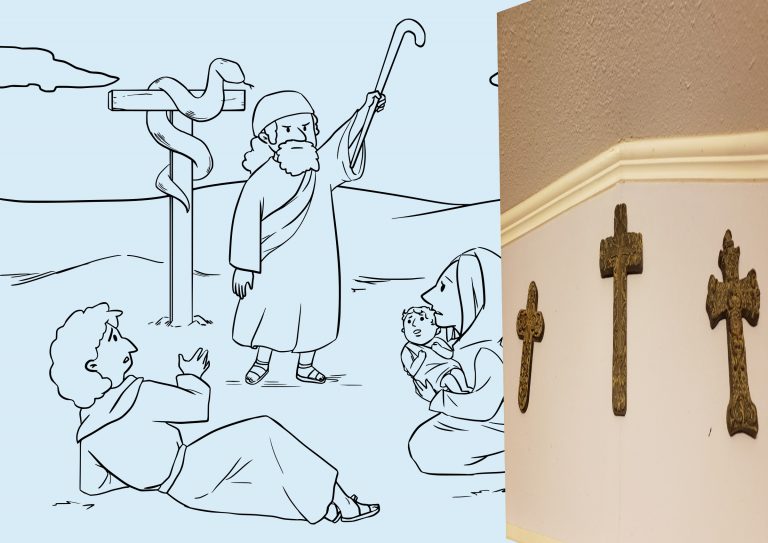Isaiah 24-27 – Interpretation
Now that we’ve looked at various critical issues about this passage, and I’ve discussed the dangers and difficulties involved with Biblical criticism, I’d like to summarize some of the things we can learn by examining the passage critically.
We have identified a number of elements in the passage that have been strung together to form a whole, overall message. If we read the passage through without carefully looking for the various sections and the various breaks between sections, we might try to pull the entire thing into a single theme. You can try this as a study experiment for yourself if you like. Try to make a coherent outline of these four chapters that organize the subject matter coherently in the sense, for example, that you might organize a college research paper.
What you’ll notice is that it is very difficult to find any coherent timeline, or to find any good geographical or historical “hooks.” In the previous chapters, especially 13-23, there are numerous references to historical events, locations, and people, and it is normally fairly easy to date a particular oracle and tie it to some particular set of events. These identifications are not without controversy, but there are at least some facts to deal with.
In chapters 24-27 in contrast, there is very little. But if you look at the passages they all deal with material that is somehow related to the end of the age, to God’s judgment on the whole world. That is why this passage is often called an apocalypse, as it deals with material similar to that of Daniel, Revelation, and some of the other apocalyptic literature. But it differs both in that it does not have the same symbolism, and again because it does not tie easily to specific historical events.
Some commentators, as I have noted before, simply think this passage is incoherent. But let me suggest another option. Our author has taken a variety of elements, including hymns of praise, oracles of judgment, and promises of victory, and has strung them together. (To see my previous comments on this passage, start with my entry Isaiah 24-27 – Overview.) This seems to offend our sense of order. Surely a prophecy should be more coherent!
But will the end times be all that coherent? I’m often struck by the extreme order of prophetic timelines presented by many preachers. The end of the world will happen on a precise, easily perceived schedule. If you follow the particular preacher’s interpretation you will be OK, because you will know what is going to happen. But times of God’s judgment and of his redemption, such as the time of the exile to Babylon and the restoration under Cyrus and his successors often does not work in that coherent of a fashion.
I think that rather than being incoherent or accidental, these chapters portray the feeling of being in the midst of the end times. There will be times when it seems victory is in sight, and we will sing songs of praise. There will be times when it will seem that all is dark. There will be times to recite the oracles of judgment: God will deal with the wicked. At other times we will need to remember promises of praise. (Please note that I am not a pre-tribulationist, in case you couldn’t tell!)
Isaiah 24-27 presents an excellent picture of that time, and if you read it out loud, and let the changes of attitude sweep over you, you may come to better understand some of the nature of living in a time when God is coming both in judgment and in redemption.
[This conludes my series of blog entries on Biblical criticism. There is obviously much more that could be said, but I have to draw a line somewhere. I mentioned in an earlier post that I might post some on critical issues in the book of Daniel, and I probably will, but I will do so over on the Participatory Bible Study blog.]


